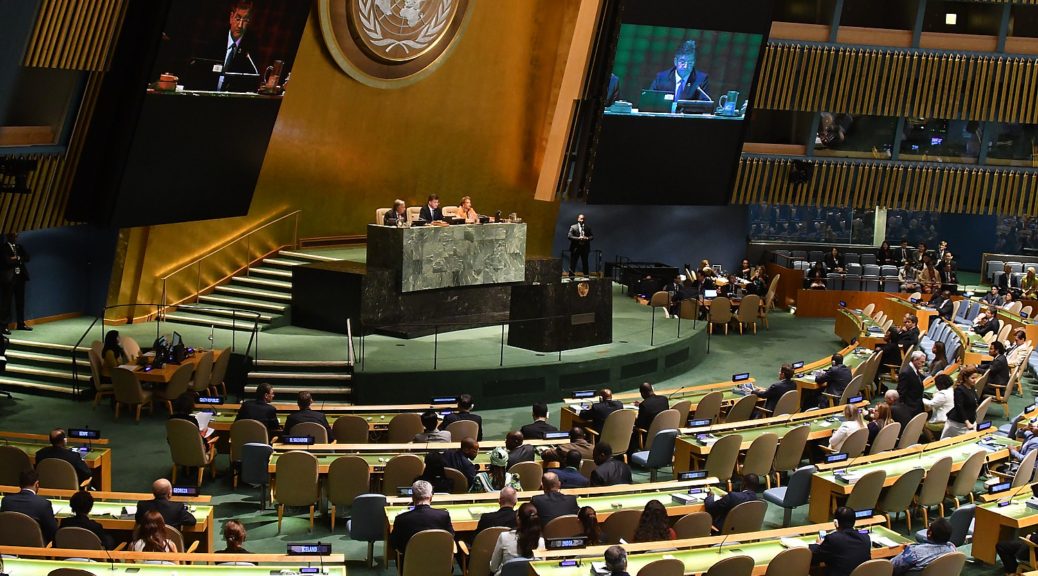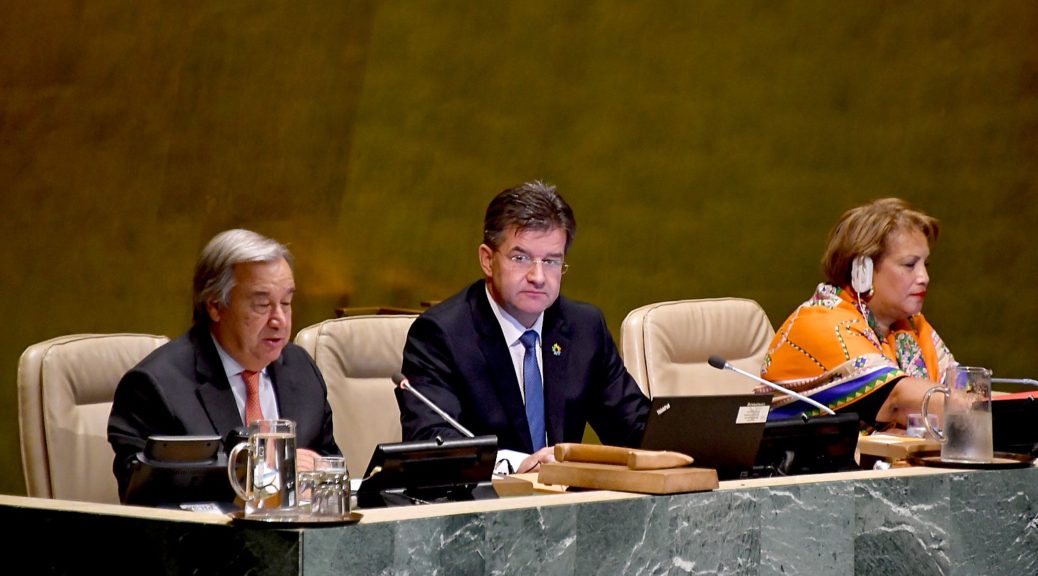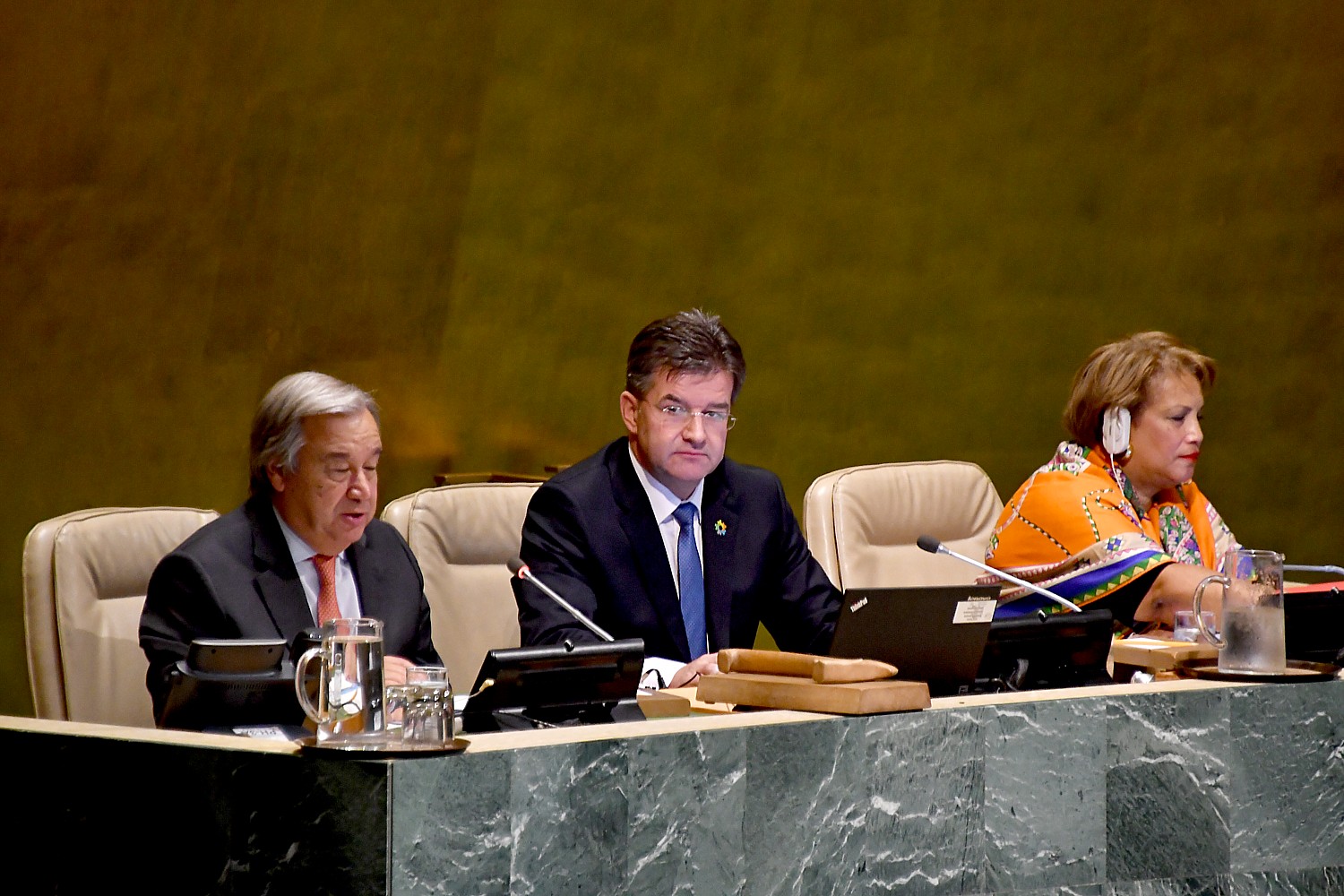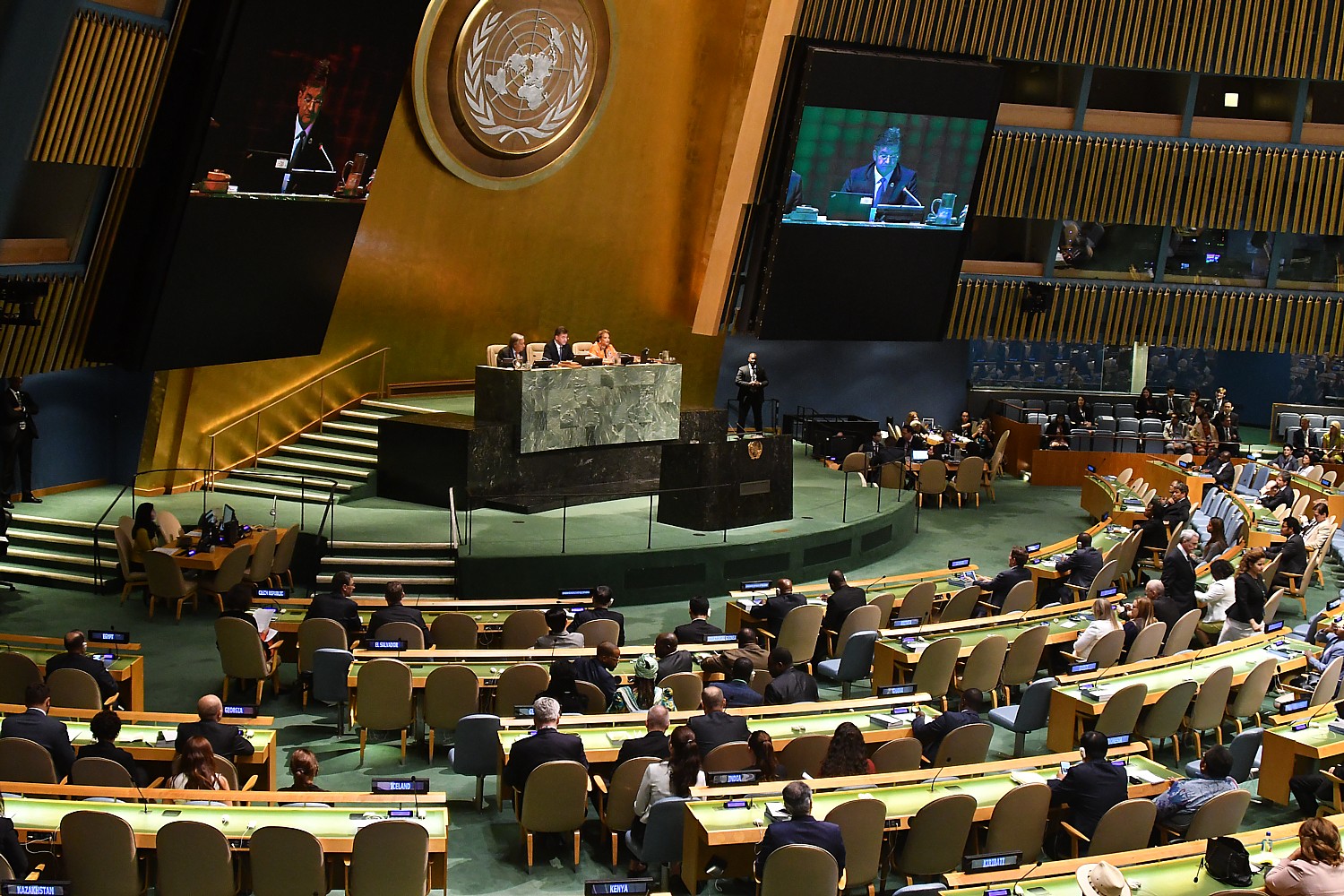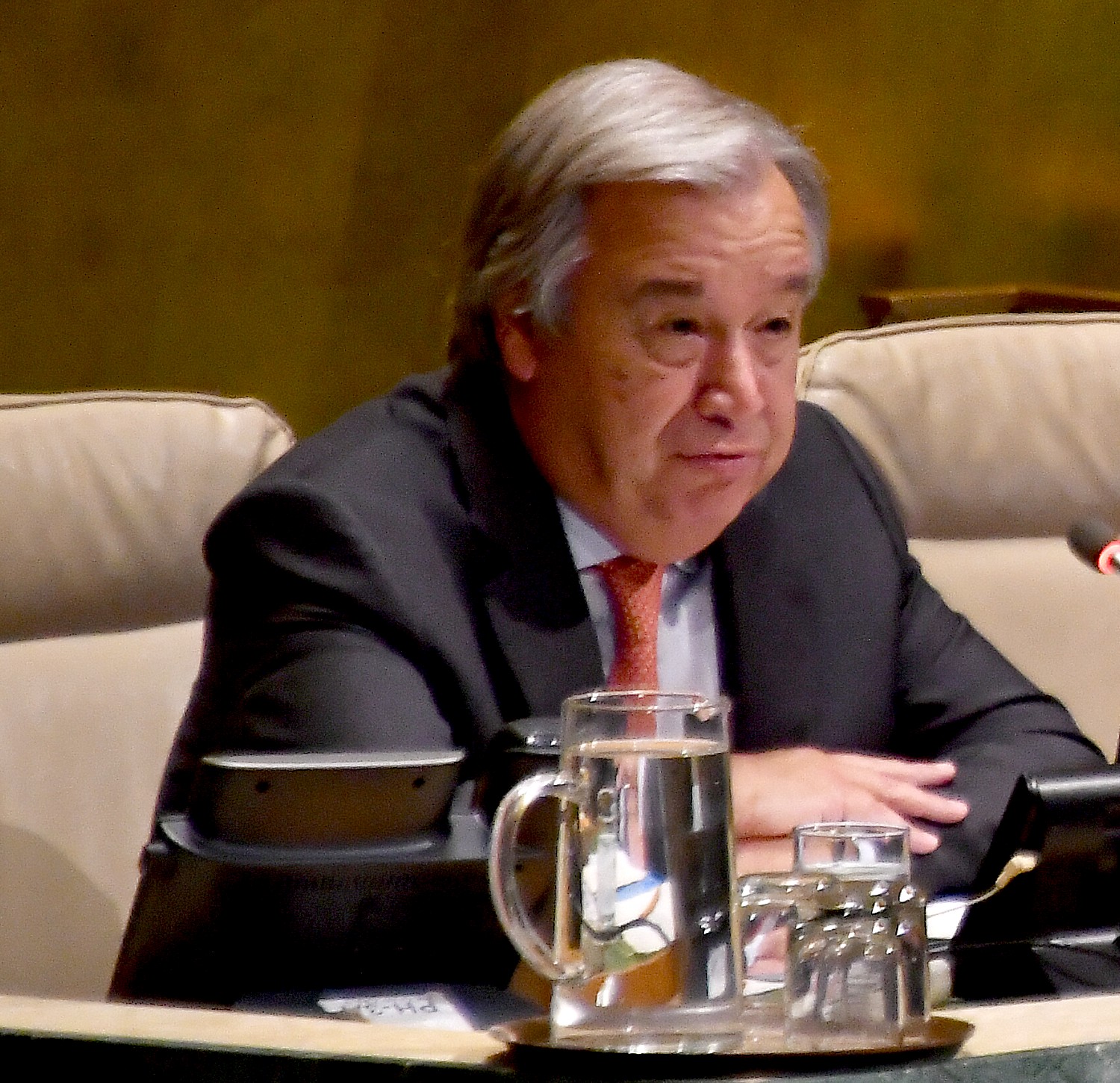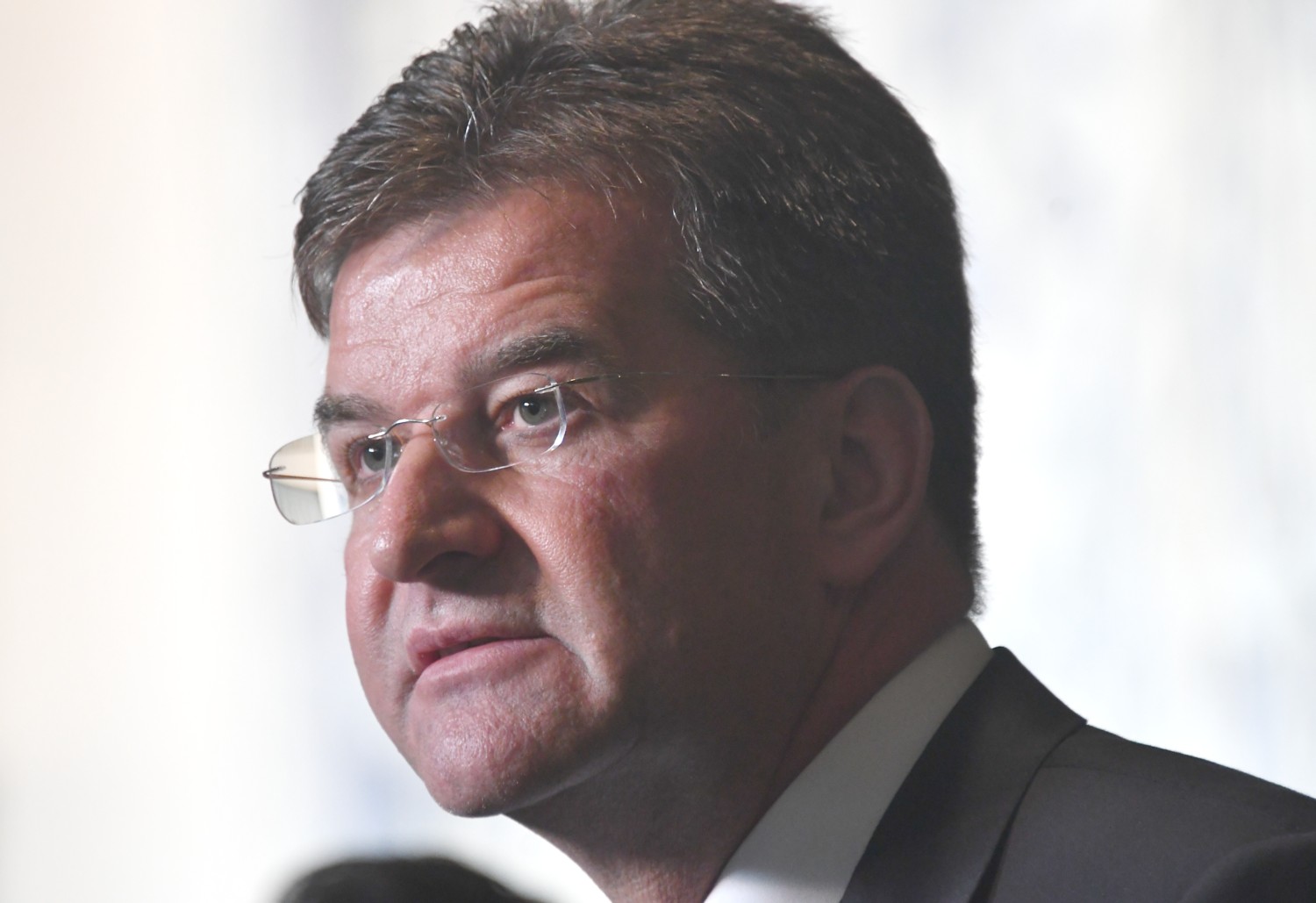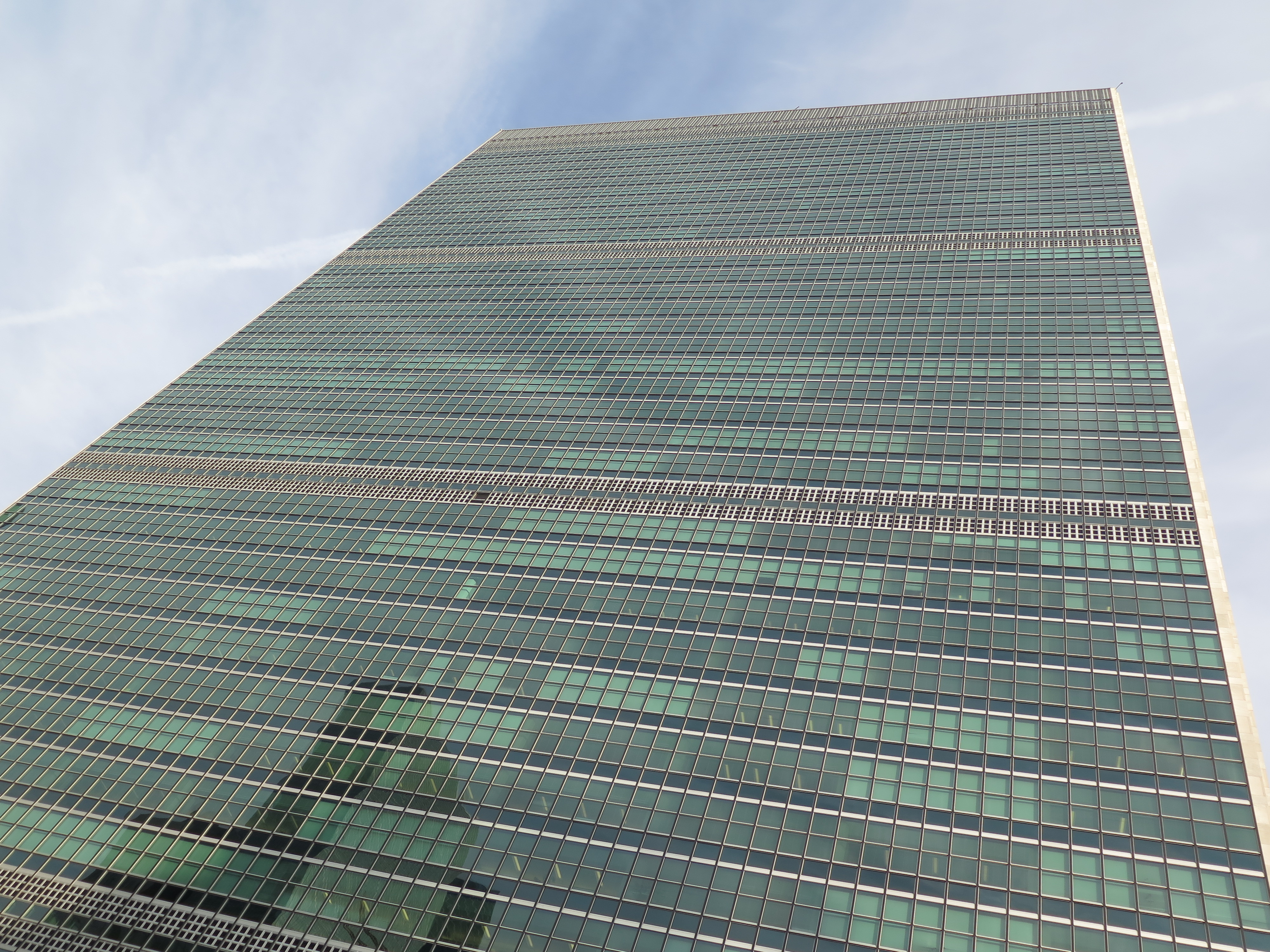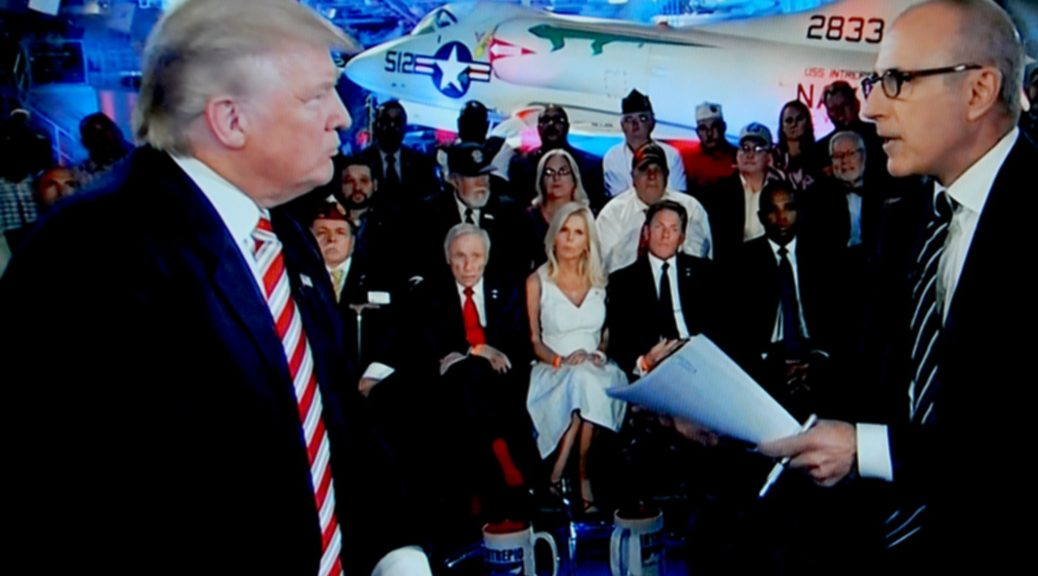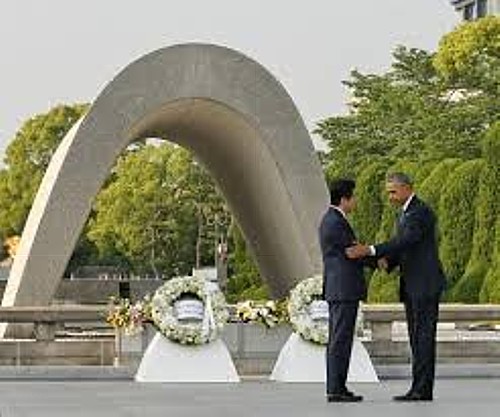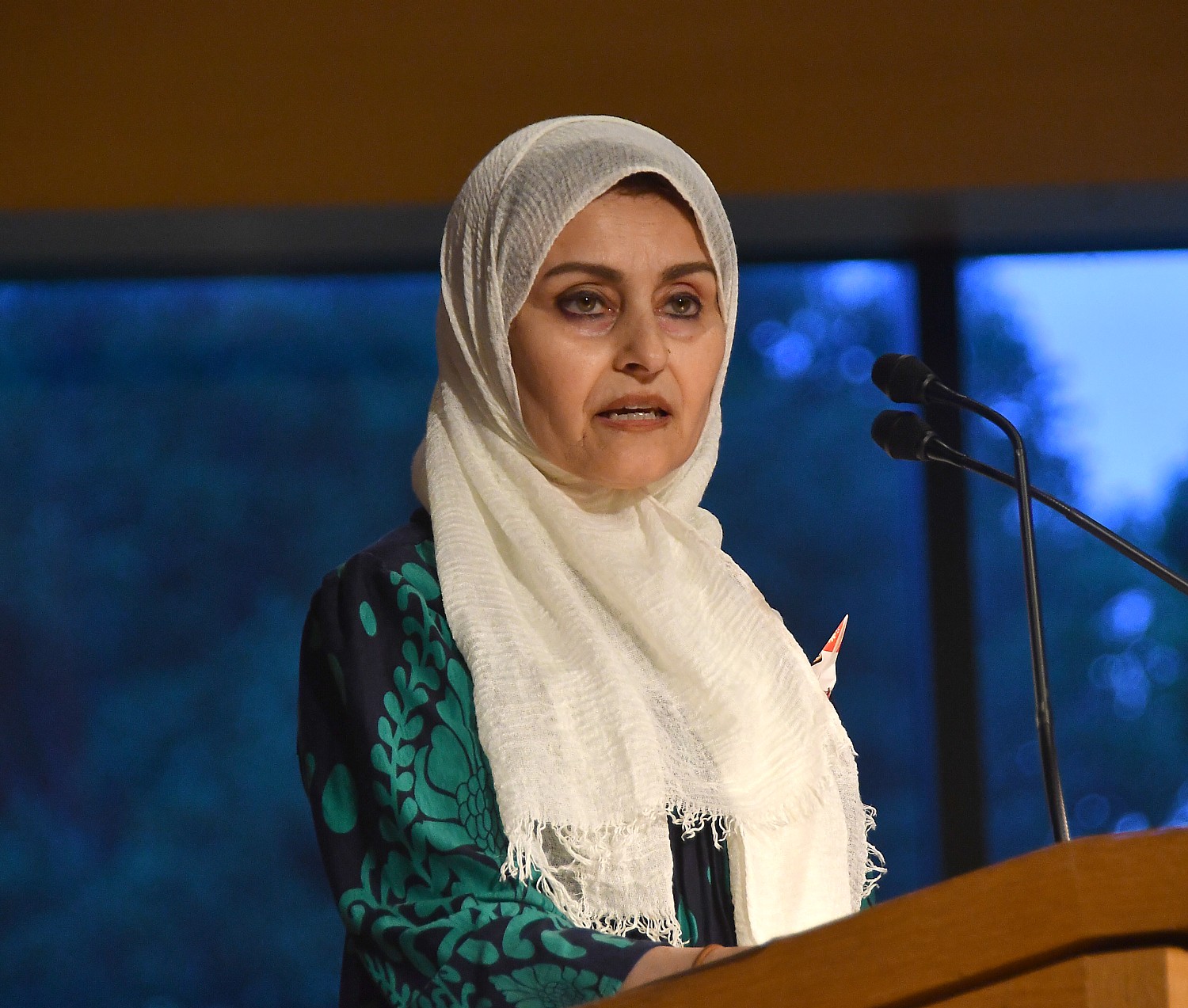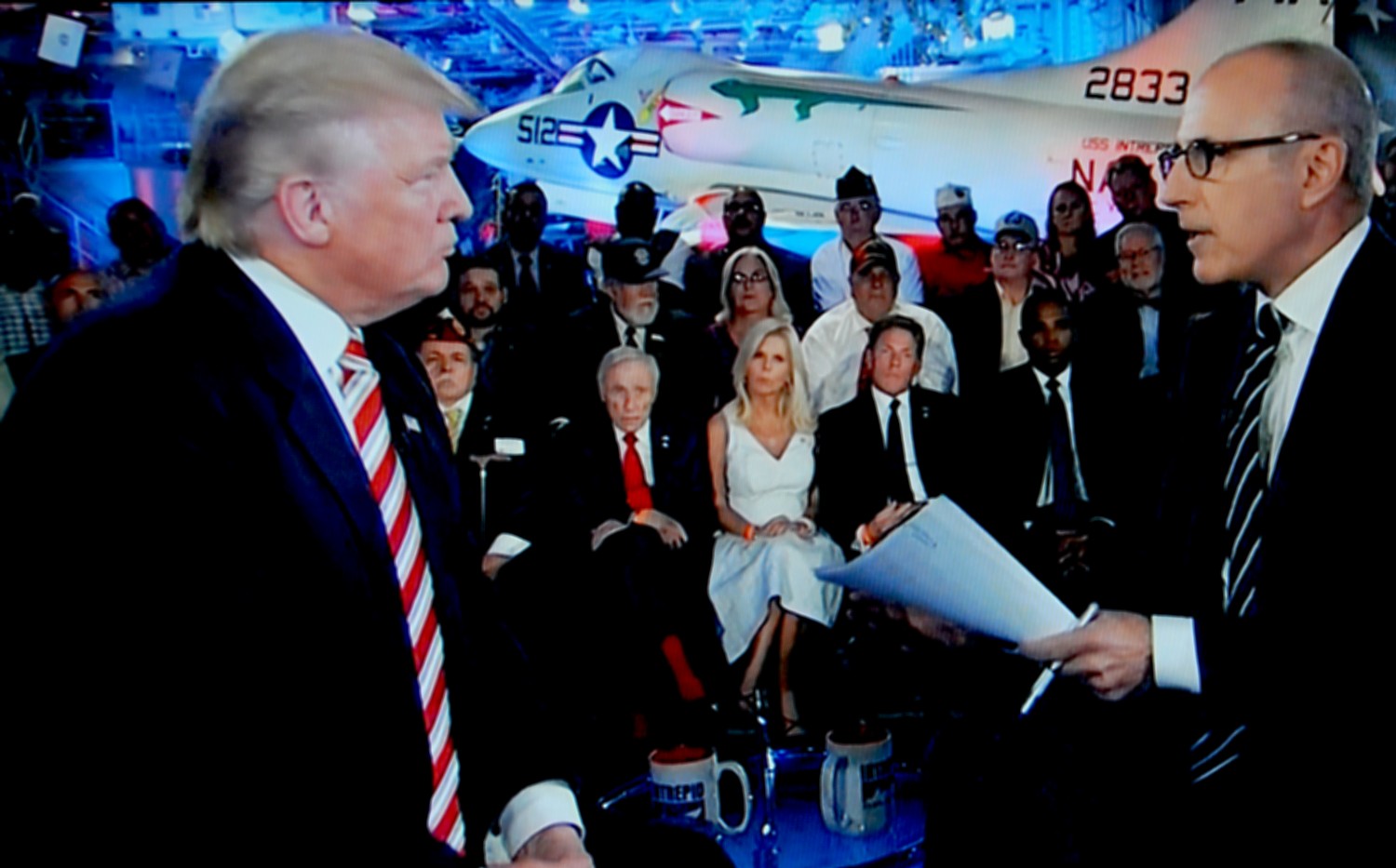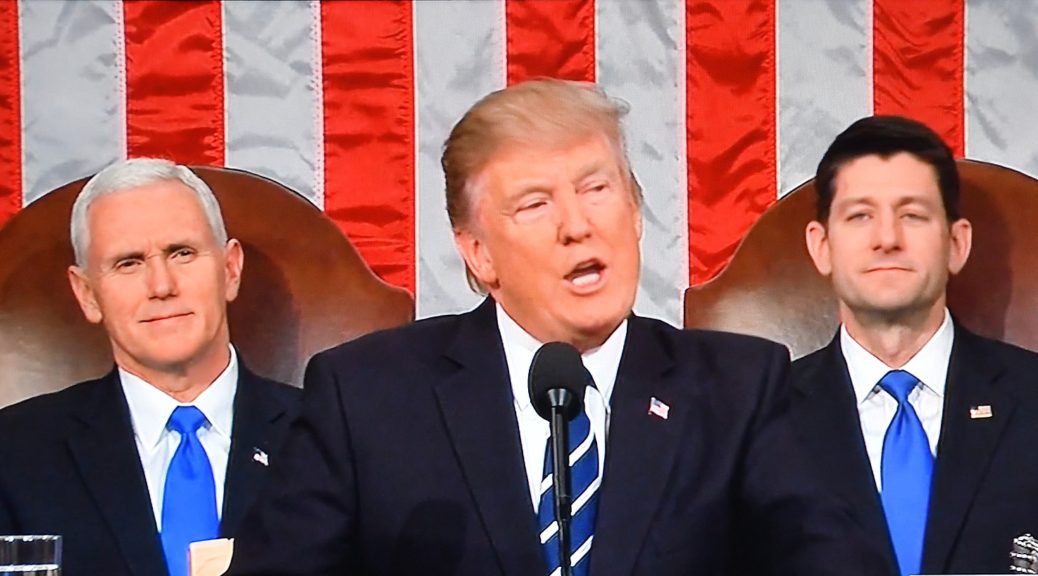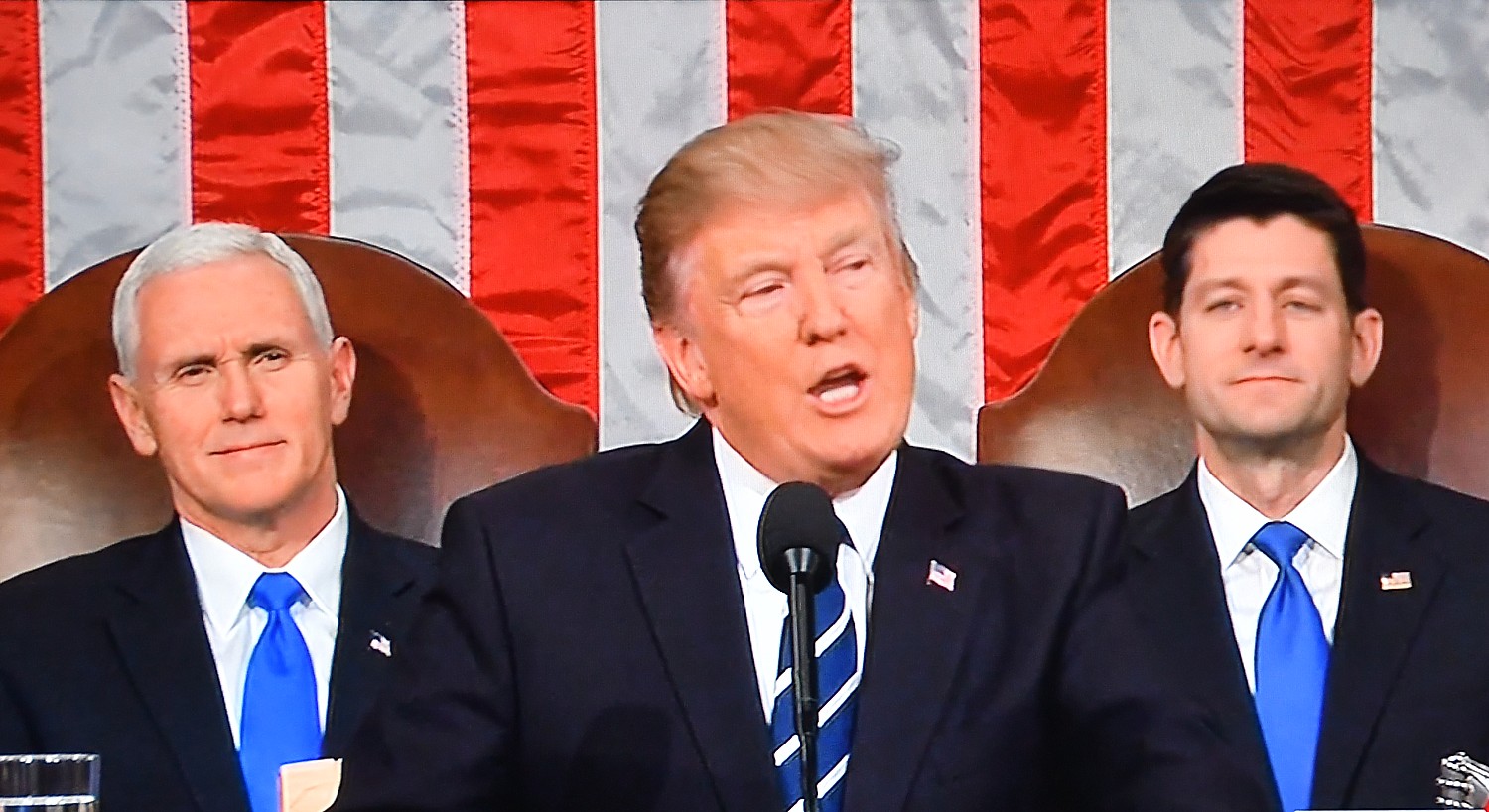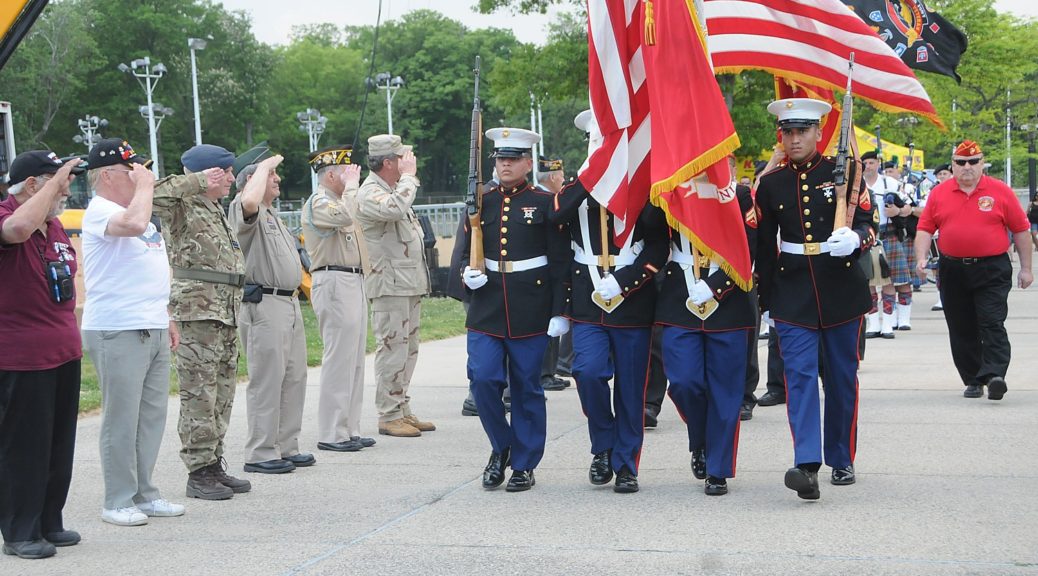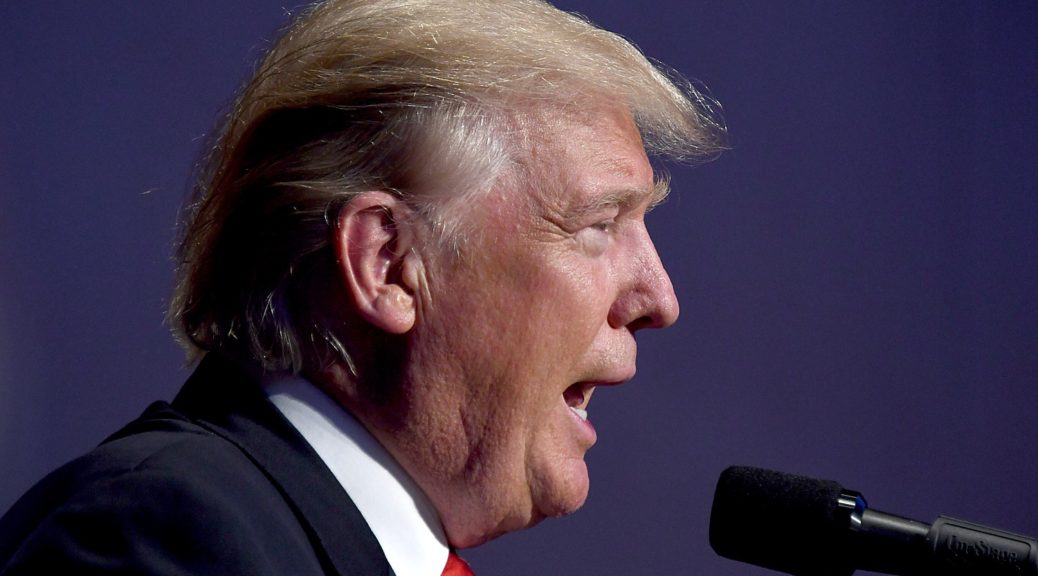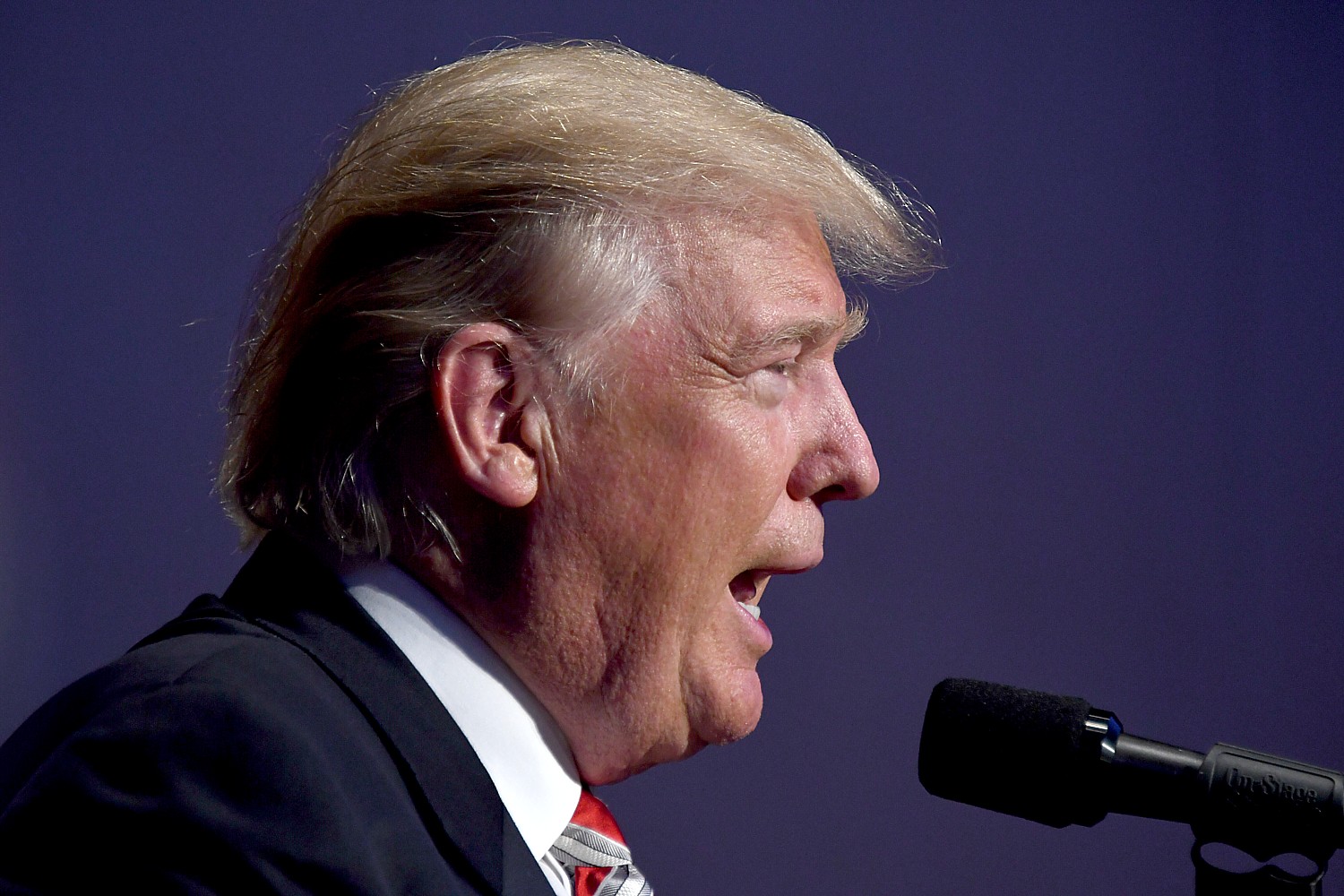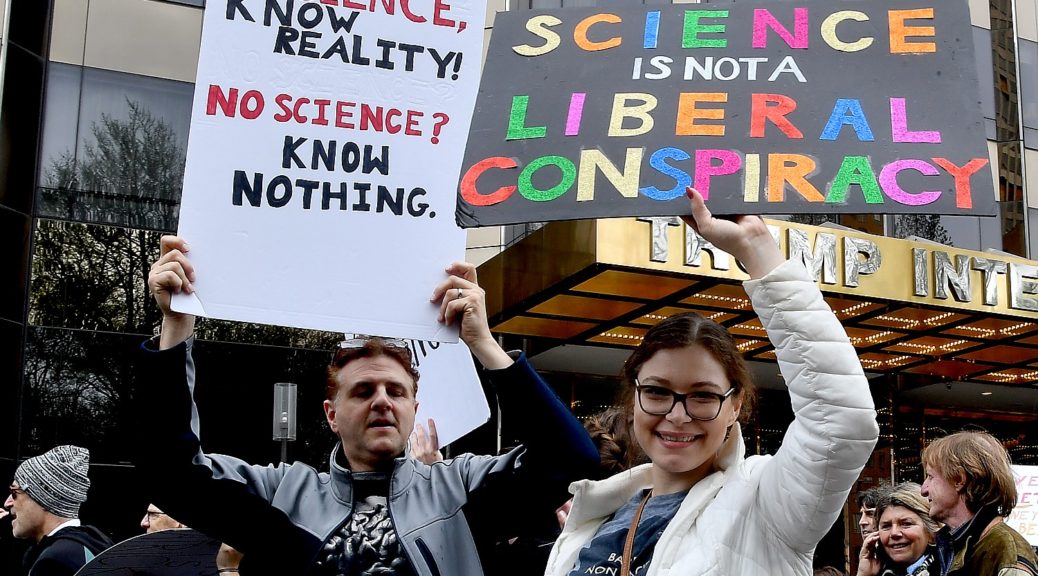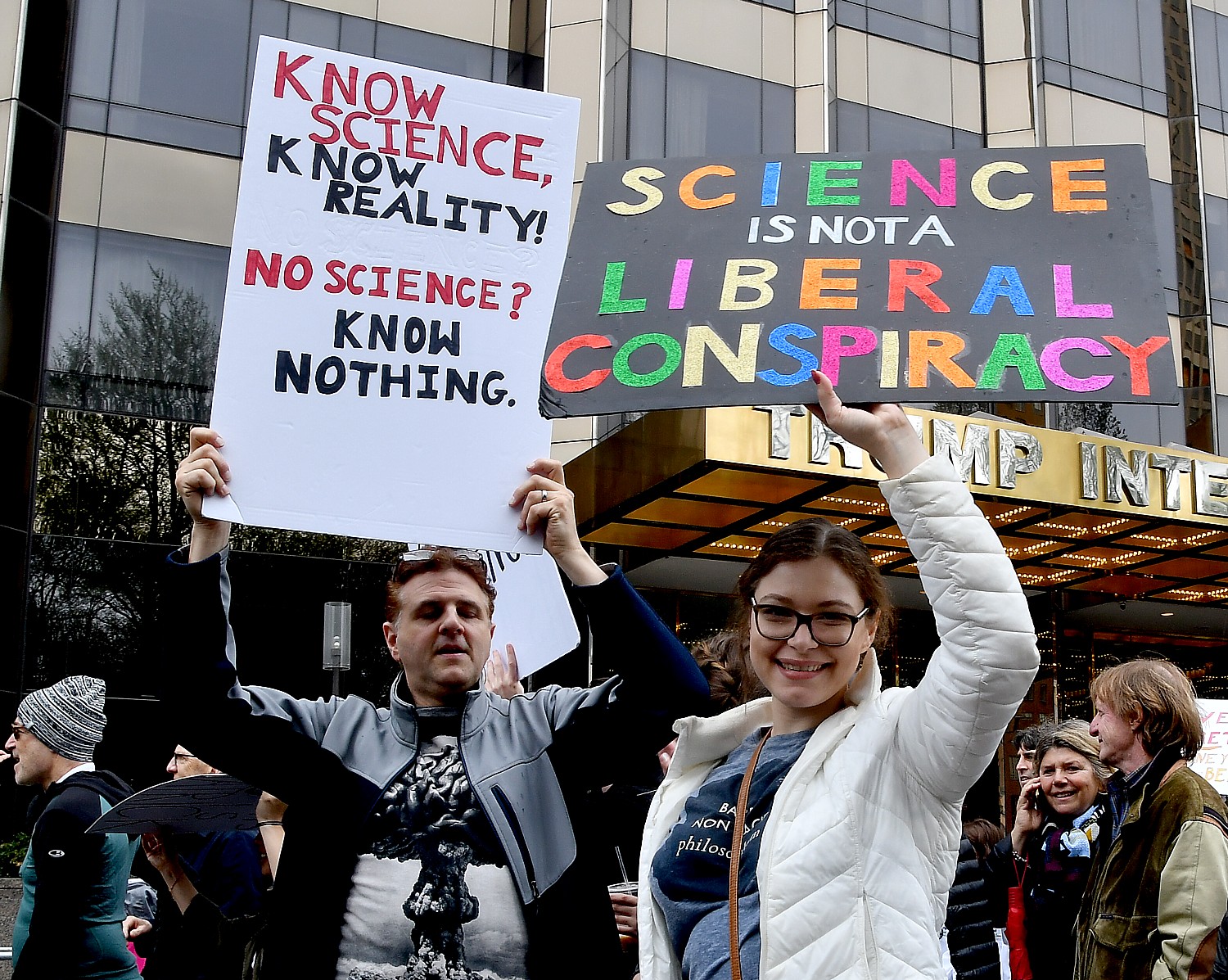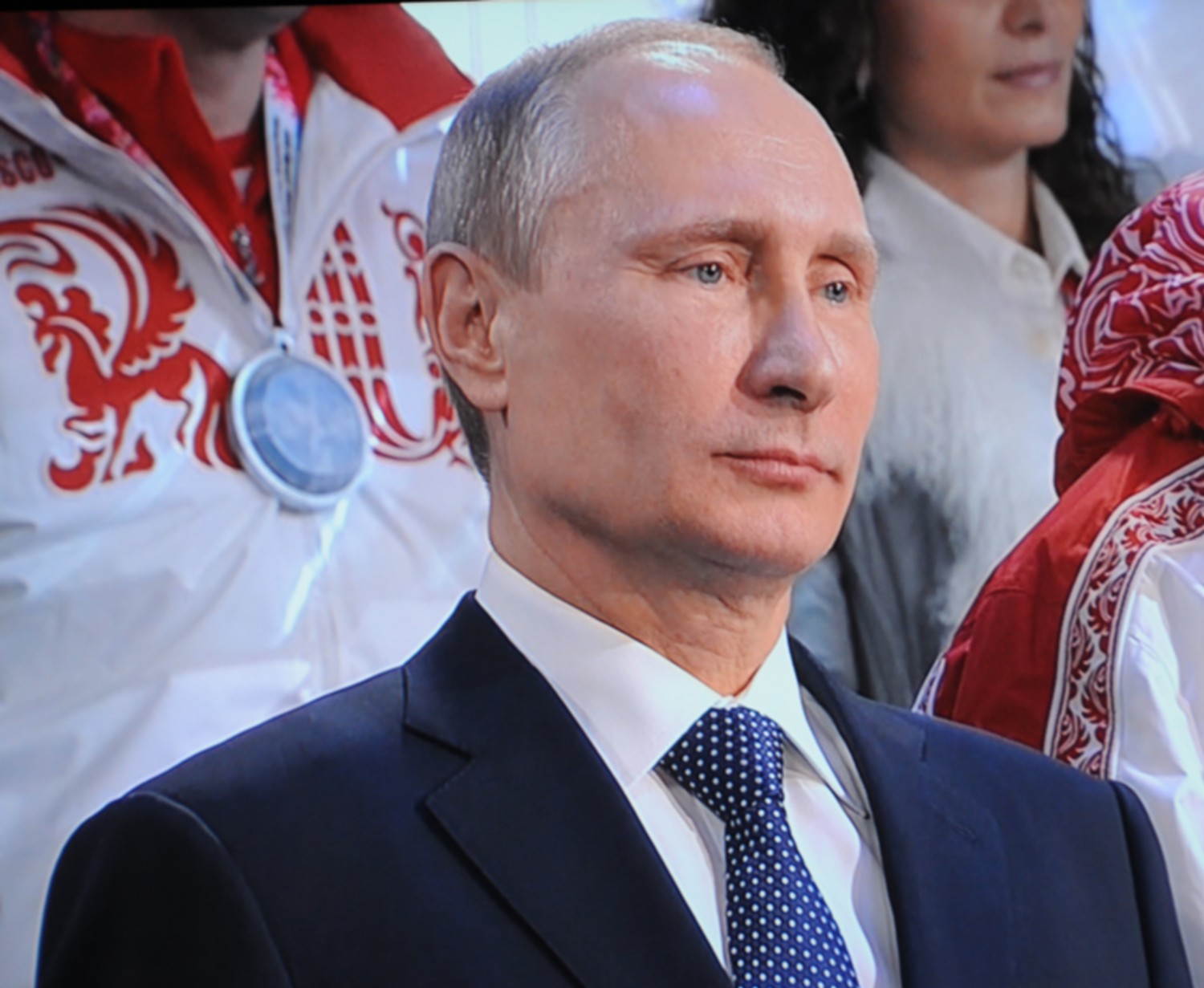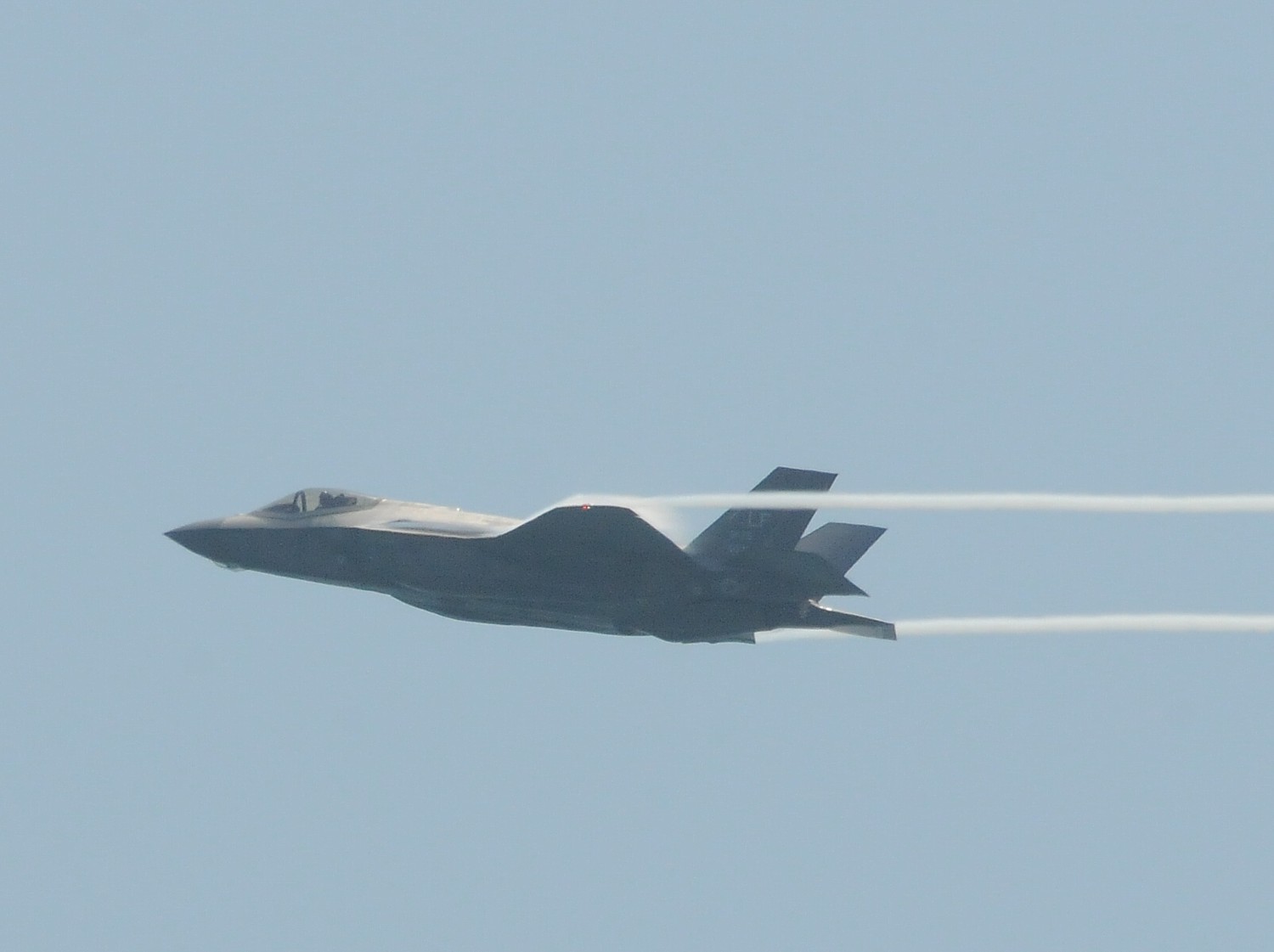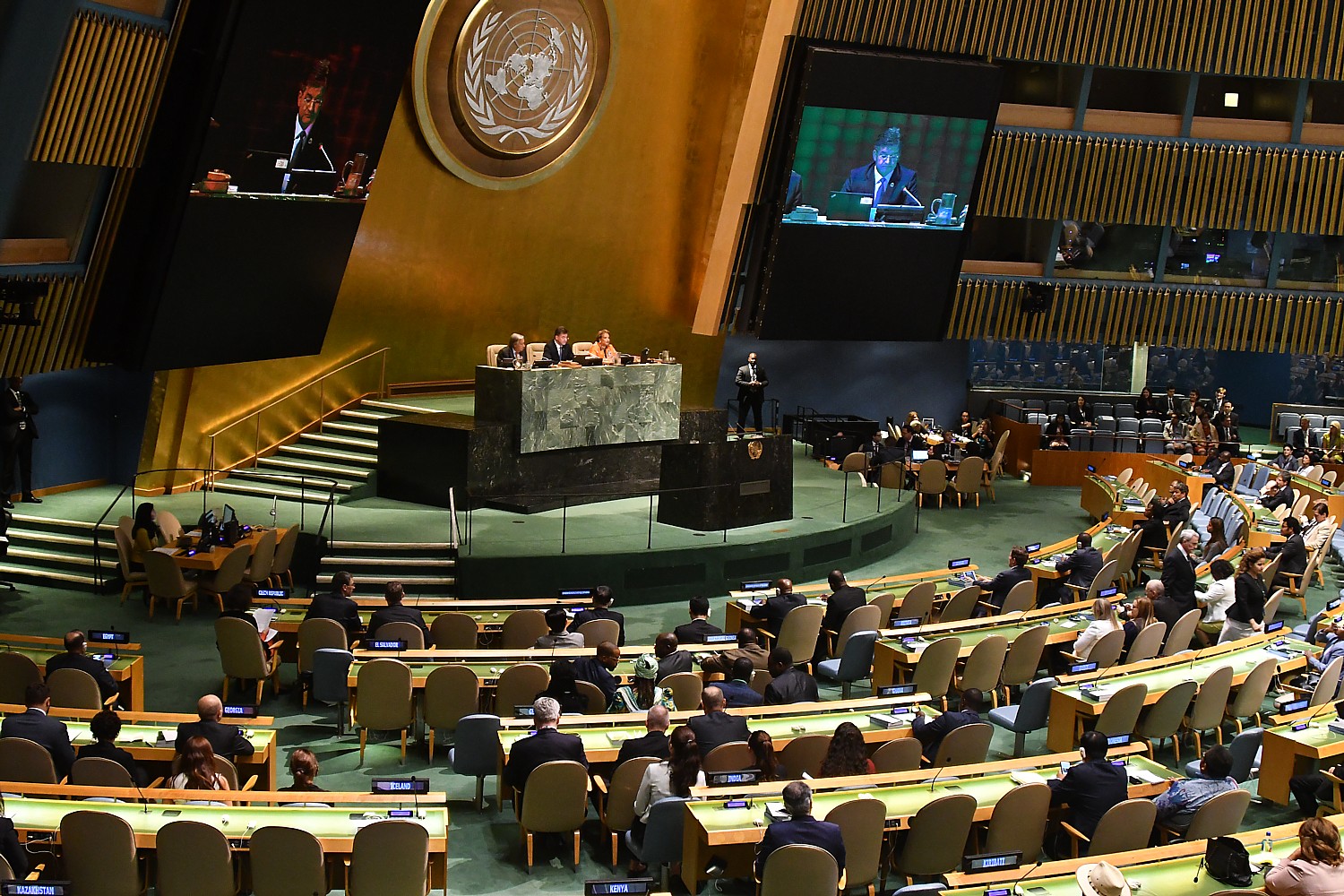
People around the world are holding their collective breath as to what Donald Trump will do when he comes to the United Nations for the 72nd General Assembly. Will he be like a bull in a china shop, or will he stick to the speech written for him on the teleprompter? At a press briefing at the White House September 15, the National Security Advisor General H.R. McMaster and Ambassador to the United Nations Nikki Haley outlined what is supposed to happen, and the policies and positions Trump will proclaim. Here is a highlighted transcript – Karen Rubin, News & Photo Features
GENERAL MCMASTER: Good afternoon, everyone. I also want to begin by acknowledging the horrific attacks in Europe [London, England where an improvised explosive was set off in the underground during rush hour and in Burgundy, France where a counterterrorism soldier was attacked]. The United States, of course, stands in solidarity with the people of the United Kingdom and France. We will continue to work tirelessly with our partners to prevent attacks. And, of course, the United States remains committed to defeating terrorist organizations, as well as their evil ideology.
The President has been unambiguous here, energizing our defeat-ISIS campaign, and calling on Muslim-majority nations to combat extremism and to end financing of terrorist organizations. We will defend our people and our values against these cowardly attacks, and we will always stand with countries around the world to do the same.
Now, I want to turn to President Trump’s trip next week to attend the 72nd United Nations General Assembly. The President’s consistent message across all of his engagements throughout the week will emphasize three goals common to all nations who will be gathered there: First, to promote peace. Second, to promote prosperity. And third, to uphold sovereignty and accountability.
A peaceful world depends on the contributions of all nations. We must share responsibility for international security, while each country protects the security of its own people.
Prosperity is also a shared responsibility. The President looks forward to furthering economic cooperation, investment opportunities, and new business ties with other governments and businesses across the world. As always, this administration’s ironclad commitment to free, fair, and reciprocal trade and access to markets will be the bedrock of our economic talks.
Sovereignty and accountability are the essential foundations of peace and prosperity. America respects the sovereignty of other countries, expects other nations to do the same, and urges all governments to be accountable to their citizens. That accountability is broken down in places such as Venezuela and Syria. And we also see, today, revisionist powers who are threatening the sovereignty in the greater Middle East, Eastern and Southern Europe, and in East Asia.
Now, let me quickly run through the President’s schedule. On Monday, the President will join senior U.N. leadership and the leaders of more than 120 other nations to discuss reforming the institution. The President will express support for Secretary General Guterres’s reform efforts. The United Nations, of course, holds tremendous potential to realize its founding ideals, but only if it’s run more efficiently and effectively.
That day, the President will also meet with the leaders of France and Israel, two of America’s closest allies. While their conversations will be wide-ranging, we expect that Iran’s destabilizing behavior, including its violation of the sovereignty of nations across the Middle East, to be a major focus.
Monday evening, the President will host a working dinner with Latin American leaders. He’s looking forward to discussing the crisis in Venezuela, as well as our increasingly strong economic ties, shared goals for elevating the prosperity of our peoples, and the extraordinary success of likeminded Latin American nations in recent decades.
The President’s Tuesday morning speech to the General Assembly will emphasize the need for states to promote peace and prosperity, while upholding sovereignty and accountability as indispensable foundations of international order. He will urge all states to come together to address grave dangers that threaten us all. If nations meet these challenges, immense opportunity lies before us.
Later that day, the President will have lunch with U.N. Secretary General Antonio Guterres, meet with this year’s General Assembly President, Mr. Miroslav Lajčák of Slovakia, and meet with the Emir of Qatar. In the evening, he will host a traditional diplomatic reception.
On Wednesday, the President will meet with the leaders of Jordan, the Palestinian Authority, the United Kingdom, and Egypt. He will host a working luncheon with African leaders to discuss how the United States can help African nations develop their economies, address urgent challenges, and strengthen security relationships and economic relationships between our nations.
Finally, on Thursday, the President will meet with the leaders of Turkey, Afghanistan, and Ukraine. The latter two countries in particular have suffered direct and persistent attacks on their sovereignty in recent years.
He will also host a lunch with the leaders of South Korea and Japan. As Kim Jong-un’s most recent missile launch demonstrates, North Korea remains one of the world’s most urgent and dangerous security problems. It is vital that all nations work together to do our utmost to solve that problem.
With that, I’ll turn it over to Ambassador Haley.
AMBASSADOR HALEY: Thank you very much. And I will tell you that next week is not going to be short on topics. I think, first of all, we can all say it is a new day at the U.N. The U.N. has shifted over the past several months. It’s not just about talking, it’s about action.
The members are starting to get used to act, whether it’s Security Council resolutions, whether it’s with U.N. reform, whether it’s with peacekeeping. We’re starting to see a lot of changes at the U.N. They are all anxious to see what the U.S. delegation looks like next week, and I think they will be heavily impressed with the fact that we have the President, the Vice President, the Secretary of State, and many members of the National Security Council coming to really show the U.S. strength that we have in the world.
And I think — obviously this will be the first time that the President has addressed the General Assembly. They are all very anxious to hear what he has to say. And I think that he will make quite an impact in terms of all of the issues that we’re dealing with.
We have three events that will be extremely important. First, the President will highlight the U.N. reform event. It is very, very important. We’ve got a massive reform package being led by the Secretary General that really streamlines not just the processes, but also the budget as it goes forward, and makes the U.N. much more effective. We basically have the President headlining a U.N. reform effort, which would really support the Secretary General. But the impressive part is, we asked other countries to sign on to their support of reform, and 120 countries have signed on and will be in attendance. That’s a miraculous number.
The Vice President will be doing two very important briefings. He’s going to do one on Human Rights Council. Now more than ever, human rights matters. We say all the time that if the government doesn’t take care of its people, bad things will happen. And I think we’re seeing that in multiple places, and that’s all the reason why the Human Rights Council really needs to be effective. We have offered reform. I think the Vice President will go in and not only support the reform, but talk about why it’s needed and the areas that are really needing to be addressed when it comes to human rights.
The second one he’s going to do is on peacekeeping. And in the last several months, we have taken every peacekeeping mandate and changed it. Basically, we have saved half a billion dollars in peacekeeping. But before anyone thinks that’s a travesty, basically the way they handled peacekeeping in the past was, if there was a challenged area they would throw more troops at it. But they didn’t see if the troops were trained or give them the equipment to do their job. Now we’re going towards the political solution, making sure the troops are trained and armed, making sure that we’re more effective. So it’s smarter and it cut half a billion, and in some cases we’re having to increase, and in some cases we’re having to decrease.
So having the Vice President talk about the importance of the peacekeeping being effective is going to be very important.
And then, as I said, there are no shortage of issues, with North Korea being front and center. Iran will be an issue. Syria will certainly be talked about. Terrorism efforts and how we counter that is a huge topic on what we’re dealing with. And obviously the humanitarian issues that we face around the world.
So, with that, I think the General Assembly is going to be quite active next week, and I think the U.S. is going to be very strong next week. And we look forward to a very good week.
GENERAL MCMASTER: Gentleman in the center.
Q Thank you, General. My question is about North Korea, which is perhaps the biggest foreign policy challenge for President Trump right now. About a month ago, the President issued a threat to North Korea; he warned of “fire and fury.” And as you know, Ambassador, at the U.N. Security Council you’ve imposed tougher sanctions on North Korea. Both of these efforts do not seem to be changing their behavior. Is it time for the U.S. to change its approach to North Korea? Is that something that you’re contemplating? And, General, if you could weigh on this well. I appreciate it.
AMBASSADOR HALEY: I think what was really important with North Korea was that we try and push through as many diplomatic options as we have. If you look at the resolutions that have passed in the last month, the two of them, they cut 30 percent of the oil. They banned all the laborers. They banned 90 percent of the exports. They banned joint ventures. We’ve basically taken and, in the words of North Korea, we have strangled their economic situation at this point. That’s going to take a little bit of time, but it has already started to take effect.
What we are seeing is they continue to be provocative, they continue to be reckless. And at that point, there’s not a whole lot the Security Council is going to be able to do from here when you’ve cut 90 percent of the trade and 30 percent of the oil.
So, having said that, I have no problem kicking it to General Mattis, because I think he has plenty of options.
Q General, can you weigh on that too?
GENERAL MCMASTER: I’d just emphasize the point that Ambassador Haley made. These sanctions are just now taking effect. What’s really important is rigorous enforcement of those sanctions so that we can really let the economic actions and diplomacy progress as best we can. But I think we ought to make clear what’s different about this approach is, is that we’re out of time, right? As Ambassador Haley said before, we’ve been kicking the can down the road, and we’re out of road.
And so for those who have said and have been commenting about the lack of a military option, there is a military option. Now, it’s not what we would prefer to do, so what we have to do is call on all nations, call on everyone to do everything we can to address this global problem short of war.
So that is implementing now these significant sanctions that have just now gone into place, and it is convincing everyone to do everything that they can and that it’s in their interest to do it.
What’s different, I think, about this approach to North Korea is worth noting. First of all, there is consensus among all key nations that denuclearization of the Peninsula is the only acceptable objective.
The second thing is, this is not an issue between the United States and North Korea. This is an issue between the world and North Korea.
And the third recognition is, there is a lot that we can about it together. And so we need time, obviously, for any strategy to work. It is a sound approach to a very difficult problem, and we’ll see if it succeeds.
Q Ambassador Haley, a conference call preceded your briefing here. Jonathan Alterman of the Center for Strategic and International Studies said that next week’s UNGA will be as much the world taking measure of the United States as it is the U.S. speaking to the world. He went on to say that the UNGA, because of its very quick meetings, is sort of like speed dating from hell, and that it’s a very sophisticated dance that neither Secretary of State Tillerson or the President have a particularly strong point on. What would you say to people who are wondering how the U.S. will do at next week’s UNGA?
AMBASSADOR HALEY: I think there’s a lot of interest in how the U.S. is going to do, and they’re going to find out we are going to be solid, we’re going to be strong.
If you look at all of the meetings that the national security team has, these are important meetings. These aren’t just wasting time. This is going to talk about terrorism; this is going to talk about the issues in North Korea; this is going to talk about the issue in Burma and what we’re dealing with there; Venezuela — all of these issues. No one is going to grip and grin. The United States is going to work.
And I think with all of the challenges around the world, I think the international community is going to see that. This is a time to be serious, and it’s a time for us to talk out these challenges and make sure there’s action that follows it.
Q One of the big questions from some of the people outside of this room and other countries is, in addition to what we do militarily is the humanitarian effort. And we’ve been criticized for not being involved in the humanitarian effort too much, especially by the third world. So when you go to New York, in addition to addressing the security measures, how are you going to address the criticism about the U.S. not leading humanitarian efforts?
AMBASSADOR HALEY: We actually have led humanitarian efforts and continue to. Human rights, in general, is very important. That’s something we’ve been loud on, which is the fact that you have to protect human rights.
But the humanitarian side of what we’re seeing in South Sudan and the Democratic Republic of Congo; what we’re seeing with the Syrian refugees that are in Turkey and Jordan; the fact that we are trying to deal with Burma and find out ways that we can get humanitarian access in there. Yemen is something that the United States has been working very closely with the Saudis on and the U.N. to try and make sure we get humanitarian access.
So we have been as active and vocal and leading the charge on humanitarian access in all of these areas, and we are making a difference. I think just in Syria, we’ve had over $3 billion that we’ve given, in terms of helping that situation. Venezuela, you saw what we did with the sanctions, but we’re making sure they get that. Right now in Burma, we are taking that very seriously, and that’s of utmost importance that we get front and center on that one.
Q I have a question first to General McMaster before I get to one on North Korea for you. General, you mentioned the, obviously, terror incident overseas in London. The President tweeted this morning that it was “sick and demented people who were in the sights of Scotland Yard.” You may have seen Prime Minister may say it was “not helpful for people to speculate.” Did the President share information that he wasn’t supposed to? And if not, why was he speculating?
GENERAL MCMASTER: I think what the President was communicating is that, obviously, all of our law enforcement efforts are focused on this terrorist threat for years. Scotland Yard has been a leader, as our FBI has been a leader.
So I think if there was a terrorist attack here, God forbid, that we would say that they were in the sights of the FBI. So I think he didn’t mean anything beyond that.
Q I’m sorry, I’m not clear. Meaning he was saying generally terrorists are a focus for Scotland Yard, or was he saying in this specific incident, Scotland Yard knew potentially this was coming?
GENERAL MCMASTER: I think he means generally that this kind of activity is what we’re trying to prevent. And so these organizations that are responsible for it, whatever comes out of this investigation, that remains to be seen. It is likely that law enforcement had been working on that problem set.
Q And did that come up in the call with Prime Minister May?
GENERAL MCMASTER: I was not on that call this morning.
Q Ambassador, to you, on North Korea. Obviously there’s more U.N. Security Council action that could be taken. Are you at all hopeful that there is any chance for a full oil embargo as this administration had wanted? Or at what point — President Trump himself said this was a small step, the last U.N. Security Council vote. I think disagreeing with you, but Secretary Tillerson agreed with him that it seemed to have been a small step. So at what point does this administration take a bigger step and, for example, put tougher sanctions on China in order to put pressure on North Korea?
AMBASSADOR HALEY: Well I think, first of all, let’s talk about what a big sanctions resolution this was. The first one was a billion dollars. The second one was $1.3 billion, not counting the 30 percent decrease in oil. We did a 55 — and just imagine if this happened to the United States — a 55 percent reduction in diesel and oil. Overall ban of natural gas, overall ban of any substitutes; overall ban of textiles; stopping the labor program, which we call as modern-day slavery; stopping all joint ventures so foreign investment goes in there.
We have cut off now 90 percent of trade going into North Korea, and they are saying that this was strangling. So whether some believe it’s big or small, I think what the President is saying is this is just the beginning of what we can do.
So it’s going to be — by the time we get going on this, if we have to go further, this is going to look small compared to what we do.
But no, it was a massive sanctions bill, and I think the fact that we had a 15-0 record and you have China onboard and Russia onboard, I think that’s very important. We’ve cut 30 percent of the oil. Is there more you can do? There’s always more you can do, but then you get into the humanitarian aspect of it, which is at what point are you going and actually hurting down to the people of North Korea. But we will always explore all options that we have.
Yes, in the red.
Q Thank you, Ambassador. You said that Syria is going to be on the agenda. As you know, today Turkey, Russia, and Iran agreed to deploy 1,500 monitors in the Idlib province. Does that leave the U.S. behind? And what exactly the focus will be when you talk about Syria at the U.N. next week?
And, General, if I can, you said that the meeting between the President and Prime Minister Netanyahu will talk about Iran. How much of the peace process with the Palestinians will take place in that meeting? Thank you.
AMBASSADOR HALEY: I think the efforts in Syria have been remarkable — both Syria and Iraq. To see how we have really bulldozed through ISIS in the way that we have shows how strong the U.S. had been in partnership with them, but I think we’re also looking at post-ISIS — what does that look like? And I can tell you, Iran is not going to be in charge, and Iran is not going to have any sort of leadership in that situation to where they could do more harm.
But Syria is always going to be a topic. I think we continue to be strong in making sure there’s no chemical weapons and making sure that we’re looking at the humanitarian situation. But the U.S. is a very strong partner in the resolution for Syria and will continue to be until we know that everything is stable.
Q (Inaudible) that does not include the U.S.?
AMBASSADOR HALEY: Well, I think we’re not going to be satisfied until we see a solid and stable Syria, and that is not with Assad in place. But what we are going to do is continue to be very effective and be a part of that process so that we get to a resolution.
GENERAL MCMASTER: Yeah, I’ll just say that, of course the President will talk about the prospects for lasting peace between Israel and the Palestinians, among a broad range of regional issues, with really all of the leaders he’s meeting during the week.
Q Ambassador, two quick questions. The first one is, the fact that president Putin and President Xi Jinping won’t be there, will it have an impact on the what the outcome of whatever you’ll discuss on Syria and North Korea?
And, General, you’ve been insisting a lot on the respect of sovereignty. Wouldn’t an investment in a peacekeeping mission be part of getting involved and having a stronger impact on this?
AMBASSADOR HALEY: I do think that it’s still going to be strong and have an impact because you’ve got two very strong foreign ministers from Russia and China that are going to be there. And the idea that we’re going to be talking about Syria and North Korea, and Iran, and all of those other things, I think it will be serious discussions.
And I think the fact that President Xi and President Putin couldn’t be there is not going to change the effect of the talks that we have next week.
Q Are you disappointed that they’re not going to show up?
AMBASSADOR HALEY: That’s their choice to not show up.
GENERAL MCMASTER: I would just add on to say the U.N. General Assembly is not a substitute for bilateral relationships with any nations. And as you know, the President has been working very closely, especially with President Xi, on this common problem and this world problem of North Korea.
So those discussions will continue, and it will continue in the context of multilateral engagements but also in context of our bilateral relationship with China.
AMBASSADOR HALEY: Back in the back.
Q Thank you, Madam Ambassador, General. A question regarding etiquette. In the past, Presidents have copiously avoided certain world leaders. A decade ago, President Bush avoiding President Ahmadinejad when he was at the opening of the U.N. Will the President speak to President Maduro at all when he is there?
GENERAL MCMASTER: Yeah, I think it’s unlikely that he’ll speak with President Maduro. As you know, the United States designated President Maduro after he victimized his own people, denied them their rights under his own constitution. And I think as the President has made clear, he’s willing to talk at some point in the future, but it would have to be after rights are restored to the Venezuelan people.
Q Thank you, Madam Ambassador. Two questions. One, what is the future of India and the United Nations membership and Security Council? Because when Prime Minister Modi visited the White House he brought up this issue with President Trump.
AMBASSADOR HALEY: Well, I think that Security Council reform is still being talked about, and I know that it’s something that India wants. Many other countries want it as well. So we’ll have to wait and see.
Q Do you have any indications right now that sanctions will work towards North Korea?
AMBASSADOR HALEY: You have to look at how much has been cut off. They’ve already started to feel it, but they’re getting ready to feel 90 percent of their exports going away; 30 percent of their oil. Imagine what that would do to the United States if it was there.
And if you look at what — I was looking at what North Korea was saying. They said it was a full-scale economic blockade, suffocating its state and its people. This is dramatic. This is something — and not only is it dramatic, but you’re looking at — Peru has dropped ties. Thailand has dropped ties. We’re seeing so many just kind of get rid of either the ambassadors or the trade that they’re doing. There is no way that North Korea doesn’t feel this.
Now, how they choose to respond, this is totally in their hands on how they respond.
One more question. I’ll let you pick who gets the last question.
Q Thank you, Sarah. Appreciate it. So I was wondering — we talked a little bit about the President, the speech that he’ll deliver on Tuesday. But I’m wondering if you could talk in any more detail now — and I’m sure we’ll get more detail later — will he be sending direct messages about Iran and North Korea in that speech? Are there any more specific themes?
And also, Ambassador Haley, I wanted to ask you: On the question of U.N. funding, I know reform is probably an important part of this question, but as a candidate, President Trump was — then-candidate Trump was somewhat skeptical about the reach and the import of the U.N., the point of it long term. As President I’m sure he’s learned more. Is the U.S. committed both to fulfilling its financial obligations? And where does it stand on terms of its voluntary funding for the U.N. going forward? Would you talk a little bit about that?
AMBASSADOR HALEY: Right. To start off with the speech that the President gives, I think you can see it for yourself. I personally think he slaps the right people, he hugs the right people, and he comes out with the U.S. being very strong in the end.
Q So it’s written, and you’ve seen it?
AMBASSADOR HALEY: I have seen it, yes. And then the second part of it is, the U.N. — when I originally spoke with the President, what I said is, we’ll see what we can make of it. And that’s the thing is, we’re creating an opportunity. We’re making the most of it. We’re moving foreign policy. We’re changing the way peacekeeping is done. We’re really bringing up human rights. And more importantly, what I appreciate is they stopped focusing on the commas and the periods, and we’re actually acting. We’re actually seeing strong things happens.
And so I think the President has always believed there’s great potential in the United Nations, but I think now the world is seeing it — that it is actually changing, and it’s actually becoming more effective.
Q Will he firmly articulate his intention to continue traditional U.S. funding at full levels?
AMBASSADOR HALEY: I think you’ll have to wait and see. Thank you very much.
Q Sarah, a follow-up on something that Ambassador Haley said. She mentioned that she would feel comfortable kicking this issue to Secretary Mattis. Should Americans be concerned about the possibility of war? And how much time are you willing to give China to implement the resolutions in the U.N. Security Council agreement?
PRESS SECRETARY SARAH SANDERS: As we’ve said many times before, we’re not going to broadcast, and I’m not going to lay out a timetable on what that would look like. We’re continuing to keep all options on the table. We’re going to push forward with a plan right now.
And again, as both General McMaster and Ambassador Haley stated, we are working on putting that pressure on North Korea to reach that ultimate goal of denuclearization on the Korean Peninsula. That’s what we’re focused on. We’re going to go keep pushing forward on that front. But at the same time, we’re going to keep all our options on the table as we do that.
Q What will the President say to the leaders that he meets next week who are eager for talks with North Korea? I know that the President has opposed that. How will he address that with the Europeans and others who are in favor of it?
SANDERS: I’m certainly not going to get ahead of any conversations that the President is going to have. As always, we’ll provide readouts and background of those conversations. But I think the President will be very clear that putting extreme pressure on North Korea is very important.
______
© 2017 News & Photo Features Syndicate, a division of Workstyles, Inc. All rights reserved. For editorial feature and photo information, go to www.news-photos-features.com, email editor@news-photos-features.com. Blogging at www.dailykos.com/blogs/NewsPhotosFeatures. ‘Like’ us on facebook.com/NewsPhotoFeatures, Tweet @KarenBRubin

